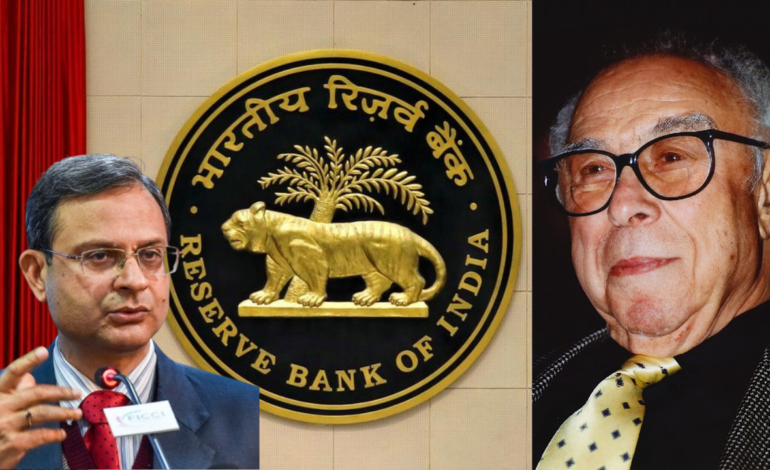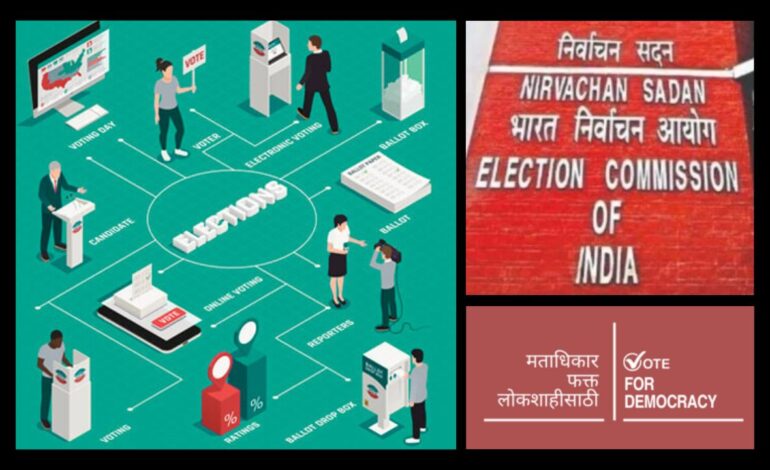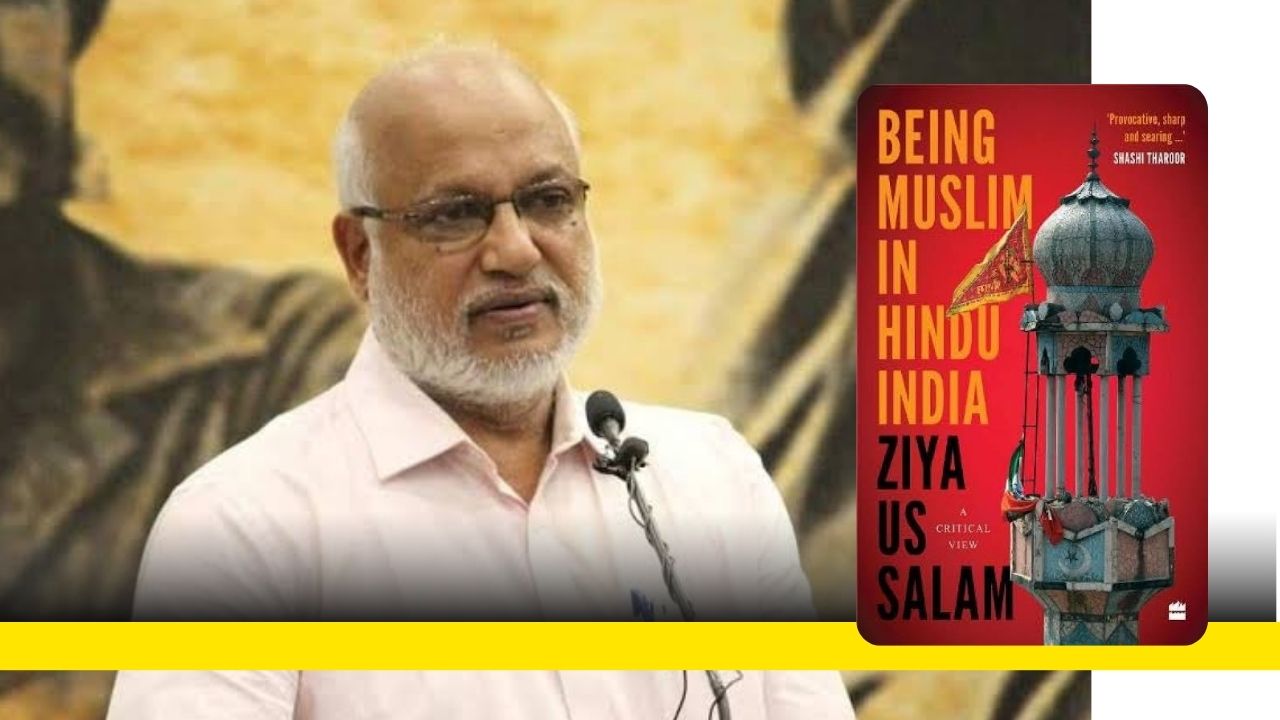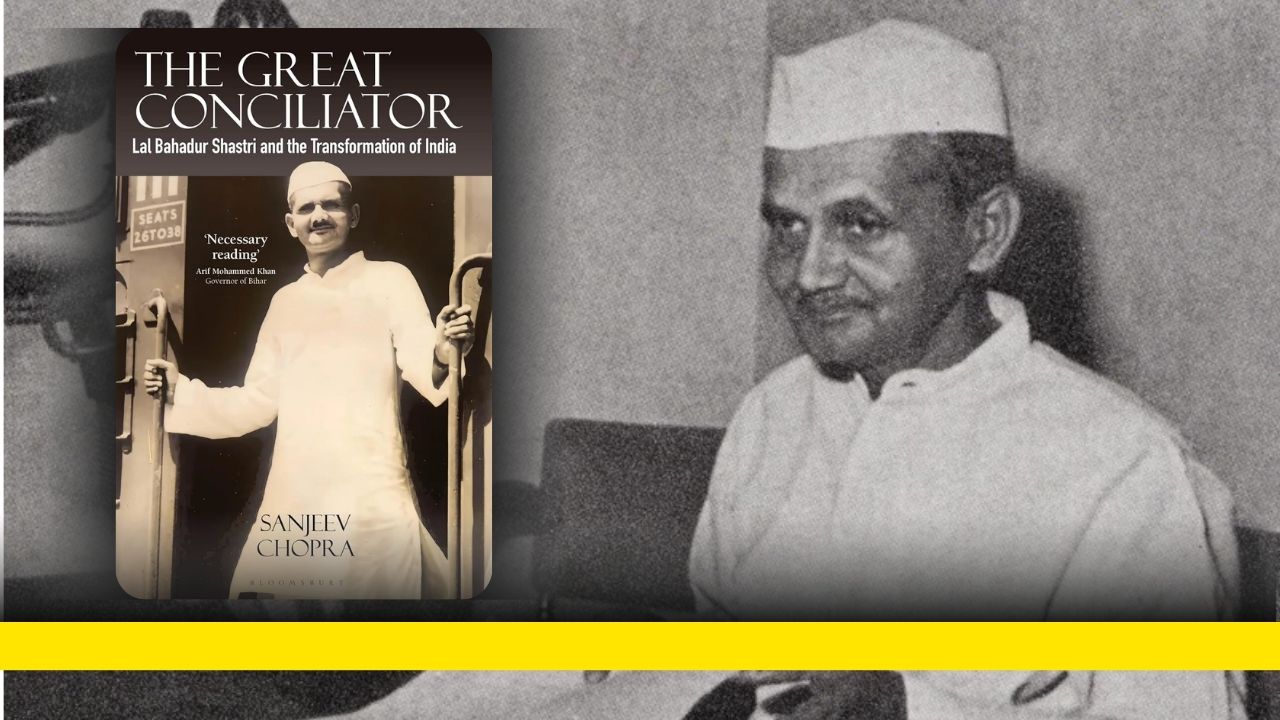India’s Quantum Quandary

The world stands on the cusp of a revolution, with quantum computing set to redefine every industry, from cybersecurity to artificial intelligence. As quantum computers begin to outpace traditional systems, India’s quantum journey has begun, but the country is significantly behind the global pack. Despite the Indian government’s ambitious ₹6,000 crore National Quantum Mission (NQM), the funding and infrastructure are nowhere near enough to catch up with the quantum powerhouses of China, the United States, and Europe. If India doesn’t act fast, it risks missing out on one of the most transformative technologies of the 21st century.

While the NQM marks a step in the right direction, experts and insiders agree that India is playing catch-up in a race where seconds count. This article examines the quantum gap, the urgent need for action, and a strategic roadmap to put India back in the race before it’s too late.
The Global Quantum Power Struggle: Who’s Leading the Charge?
The global race for quantum supremacy is intensifying, with the world’s largest economies investing vast resources in quantum research and development. However, India’s quantum program is dwarfed by the massive investments made by its competitors.
China: Leading the charge with a $15 billion quantum initiative, China has already achieved remarkable milestones, including the development of the Jiuzhang and Zuchongzhi quantum processors and a state-of-the-art satellite-based quantum communication system.
United States: With its National Quantum Initiative, the U.S. has committed over $1.2 billion annually to quantum research, with plans to increase funding to $2.7 billion. This substantial investment focuses on both research and infrastructure development, ensuring America remains a key player in the quantum race.
European Union: The EU’s Quantum Flagship program, with a budget of €1 billion ($1.1 billion), aims to develop world-class quantum research. It also has an additional €100 million allocated to integrating quantum technologies into supercomputers.
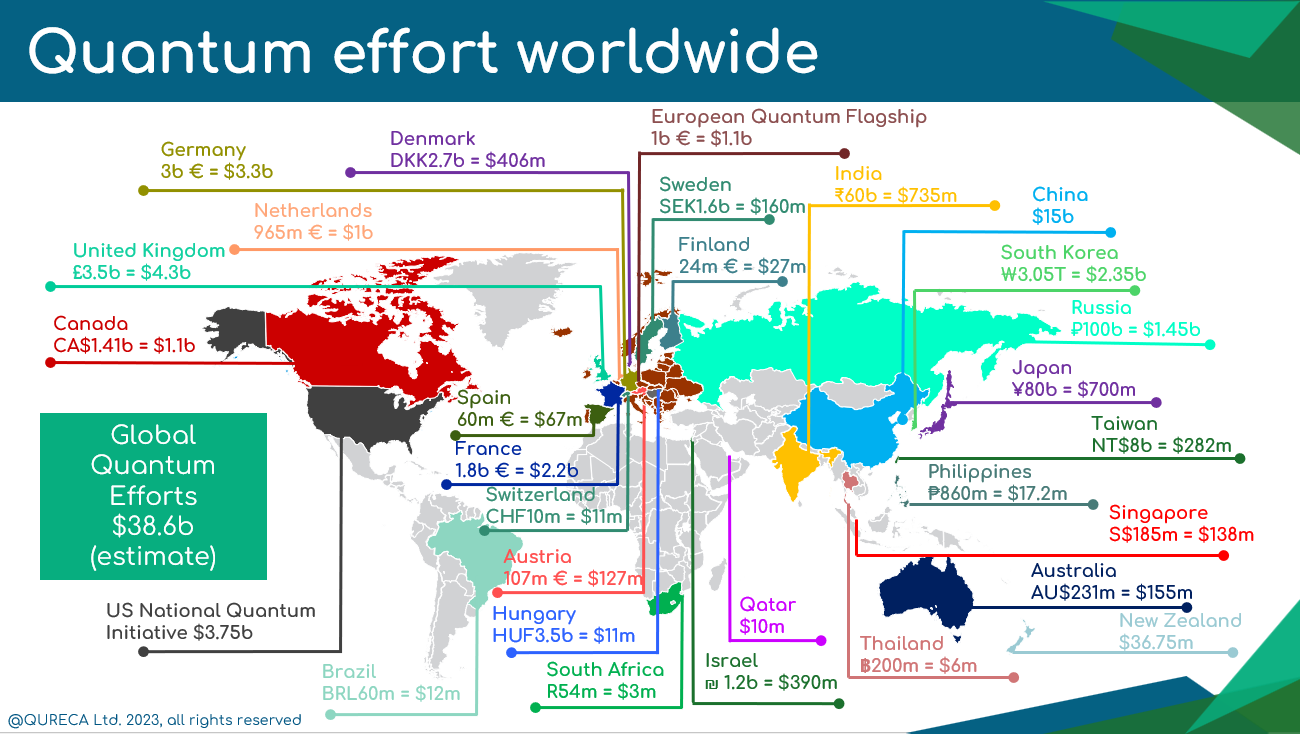
In comparison, India’s ₹6,000 crore ($730 million) budget for quantum research is modest, especially considering that experts estimate the country will need at least $8–10 billion over the next decade to make any meaningful progress.
India’s Quantum Deficit: The Innovation and Talent Gap
While India’s NQM aims to develop quantum computers and secure communication systems, it faces serious roadblocks in terms of research output and innovation capacity. One of the biggest challenges lies in India’s inability to produce enough groundbreaking research to compete globally.
Between 2000 and 2018, India produced just 1,711 quantum research papers, far behind China’s 12,110. This seven-fold disparity highlights the gap in both quality and quantity of research between India and its global counterparts. Since 2022, China has been publishing more quantum-related research papers annually than any other country. China leads globally in quantum communications research, producing 38% of the world’s publications compared to the U.S.’s 12.5%
The patent gap is equally telling. Patents are the lifeblood of any high-tech industry, representing applied knowledge that drives innovation into marketable products and systems. China and the U.S. are far ahead in this regard, leaving India with much ground to cover. This research lag reflects deeper issues in India’s scientific infrastructure—lack of funding, inadequate labs, and limited access to cutting-edge materials.
The Talent Crisis: Can India Catch Up?
Another crucial factor in the quantum race is human capital. India produces fewer than 500 quantum specialists annually, a small fraction compared to the thousands of experts trained in China and the U.S. To make matters worse, many of India’s brightest minds are heading abroad for better opportunities, exacerbating the country’s talent shortage.
The National Quantum Mission has taken steps to address this by setting up thematic hubs (T-Hubs) at institutions like IISc Bengaluru and IIT Bombay. These hubs focus on areas such as quantum computing, quantum communication, and quantum sensing, but they are still struggling with insufficient infrastructure, lack of specialized resources, and limited access to the international scientific community.
The Quantum Threat to India’s Financial Sector
While India may be lagging in its quantum progress, one sector that could feel the brunt of quantum computing’s disruptive potential is the country’s financial industry. Experts are predicting that within the next decade, quantum computers will be capable of breaking today’s encryption standards, rendering much of India’s current cybersecurity infrastructure obsolete.

This impending moment—referred to as “Q-Day”—will mark the day when quantum computers can crack the cryptographic algorithms that protect financial transactions, personal data, and national security systems. Unfortunately, India’s financial institutions are woefully unprepared for this reality. According to an Indian School of Business (ISB) study, fewer than 30% of Indian banks have conducted basic cryptographic inventories to assess which systems will be vulnerable to quantum attacks. Public sector banks are vulnerable. Most are still using outdated encryption methods that will soon be obsolete in the face of quantum computing advancements.
JM Bharadwaj, CIO & CISO, Tata Advanced Systems, commented, “Quantum computing presents both opportunities and challenges for cybersecurity posture for organizations. On the positive side, it can enhance encryption through Quantum Key Distribution (QKD), ensuring secure communication. Quantum algorithms can also analyze vast datasets rapidly, improving threat detection and real-time anomaly identification using Quantum Machine Learning (QML).
Additionally, quantum simulations can model cyberattack scenarios, helping in the development of robust proactive defense mechanisms for the organizations. However, the risks are significant too. Quantum computers can break traditional encryption methods such as RSA, ECC, and DSA exponentially faster, compromising sensitive data. To counter this, organizations will need to adopt post-quantum cryptography (PQC) algorithms. The transition to quantum-safe systems will be complex , expensive, and resource-intensive.
Furthermore, quantum computing could facilitate cyber espionage by nation-states and criminal organizations, targeting critical infrastructure. To mitigate these threats, organizations must implement quantum-resistant algorithms, apply hybrid cryptography and conduct regular quantum risk assessments. Quantum computing era will require organizations to proactively plan and allocate resources to ensure effective cybersecurity resilience.”
Unlike the U.S., which is already preparing for post-quantum cryptography, India has yet to implement clear national strategies or deadlines for quantum resilience in critical sectors.
The Quantum Manufacturing Bottleneck
India’s reliance on foreign imports for key quantum components is another significant bottleneck. Quantum hardware requires highly specialized materials and equipment—like superconducting qubits, photon detectors, and cryogenic systems—that India is not yet able to produce in large quantities.
As a result, the NQM is facing delays due to dependencies on foreign suppliers. Not only does this increase costs, but it also creates vulnerabilities in the supply chain that could delay research and development. Developing indigenous manufacturing capabilities is crucial for India’s quantum future, as it would enable the country to reduce reliance on external sources and build a self-sustaining ecosystem.
A Roadmap for India’s Quantum Leap: Five Strategic Steps
Despite the daunting challenges, there is still time for India to turn things around. Experts agree that a focused, five-pronged strategy could help the country catch up and potentially lead in the quantum race.
1. Massive Funding Injection
India needs to ramp up its quantum investments immediately. A minimum of $8–10 billion over the next decade is necessary to build infrastructure, expand research facilities, and attract top talent. This funding must go towards building world-class labs, acquiring the latest quantum hardware, and fostering collaborations between universities, research institutions, and private-sector companies.
2. Focus on Quantum Education and Talent Retention
To compete globally, India must train more quantum specialists. Expanding STEM curricula to include quantum computing at secondary school levels and offering competitive fellowships for postgraduates could help build a talent pipeline. Encouraging Indian researchers to return home with attractive research opportunities and improved infrastructure is essential to mitigate the ongoing brain drain.
3. Encourage Public-Private Collaboration
India must encourage the private sector to collaborate with research institutions to develop both quantum hardware and software solutions. Partnering with global quantum companies to develop quantum applications for industries like banking, healthcare, and logistics could help bridge the technological gap. Furthermore, the government should offer incentives to quantum startups to foster a thriving quantum ecosystem.
4. Invest in Indigenous Manufacturing
India must reduce its dependency on imported quantum hardware. Setting up local manufacturing facilities for critical components like superconducting qubits and quantum sensors could reduce supply chain vulnerabilities and lower costs. Investing in high-performance computing clusters and cryogenic systems would further accelerate research and development.
5. Establish Clear Quantum Regulatory Frameworks
The Indian government must implement clear and practical regulatory frameworks for quantum technologies. This includes mandating the development of quantum-resistant cryptographic systems in financial institutions and other critical sectors within the next few years. A roadmap for transitioning to post-quantum encryption standards will provide clarity and direction for the entire country.
The Race is on, But India Must Act Fast
India’s entry into the quantum race is not just a matter of national pride but national security. With global powers making substantial strides in quantum technology, India must act quickly and decisively if it wants to be a player in the future of computing. The next few years will be pivotal in determining whether India emerges as a leader in the quantum revolution or risks being left behind in the dust.
“We are actively reviewing funding requirements and exploring public-private partnerships to accelerate our quantum capabilities,” according to official statements from the DST.
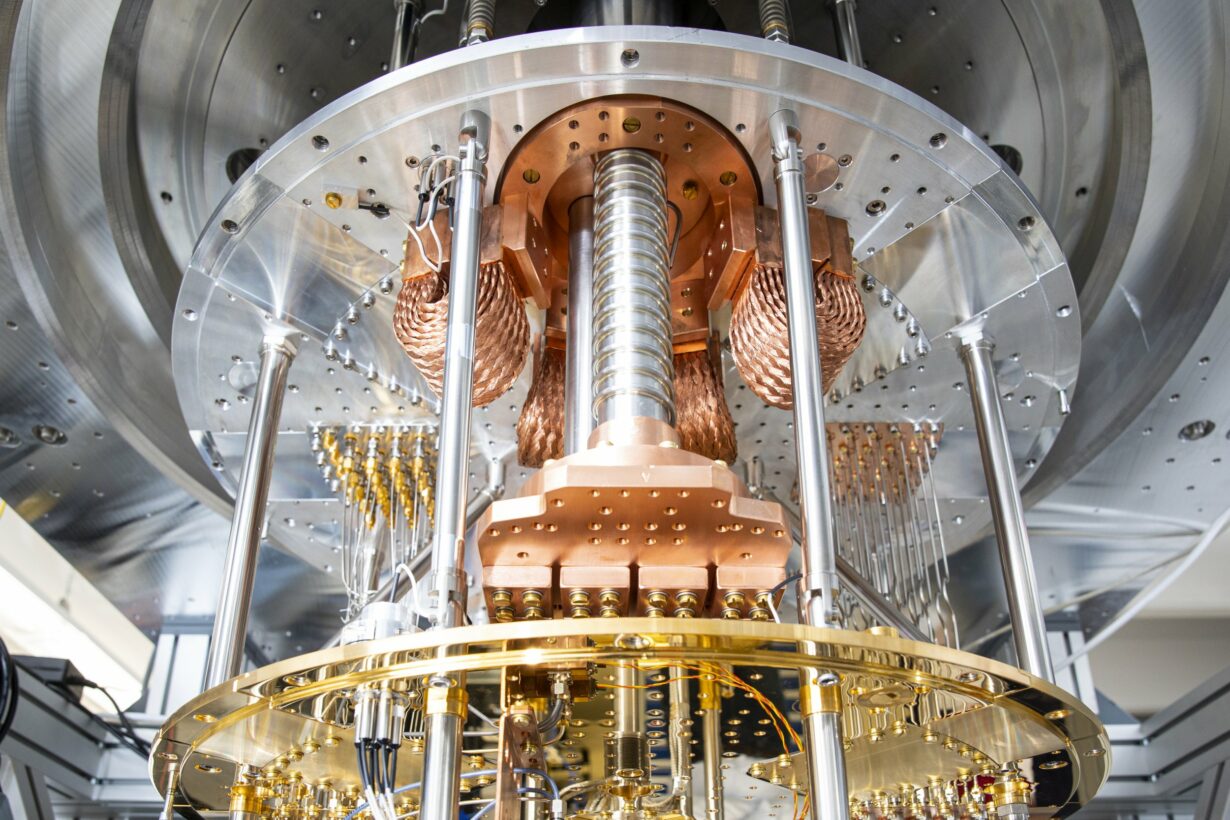
Industry observers note that with China launching a massive $138 billion venture fund that includes quantum startups, the funding gap is widening rather than narrowing. Without immediate and decisive action, India risks falling irretrievably behind in what many consider the most transformative technology race of the 21st century.
“With sharp eye on China, India’s National Quantum Mission is catching up,” notes NDTV in their coverage of India’s quantum initiatives, but the next 24 months will be critical in determining whether India can establish competitive quantum capabilities as global powers accelerate their investments.
The future of quantum computing is unfolding before our eyes. Whether India becomes a leader or a bystander in this critical race depends on the bold actions it takes today.


